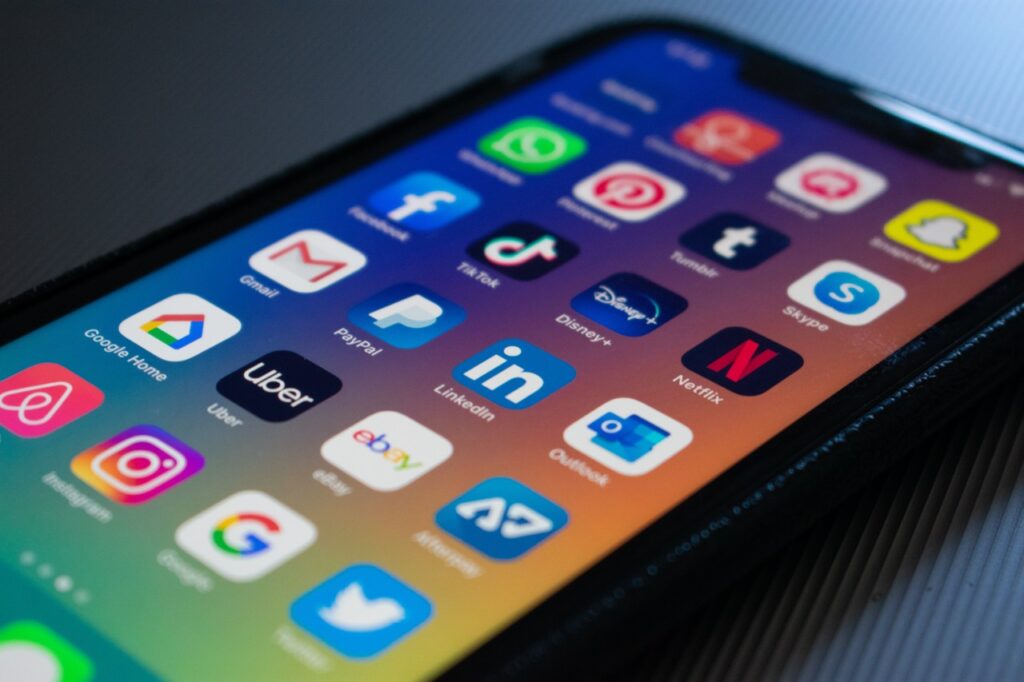In the realm of social media, the psychology of likes plays a profound role in shaping user behavior and self-perception. The phenomenon of receiving likes triggers a complex cascade of emotions and cognitive responses within individuals. At its core, likes serve as a form of social validation, signaling approval and acceptance from peers and followers. This validation taps into deep-seated human desires for recognition and belonging, often triggering a release of dopamine, a neurotransmitter associated with pleasure and reward. For many users, the number of likes a post garners can significantly influence self-esteem and self-worth. Studies have shown that receiving likes activates brain regions associated with reward processing and social cognition, akin to the response triggered by receiving a compliment or positive feedback in face-to-face interactions. This validation can reinforce behaviors that lead to more likes, such as posting certain types of content or engaging in specific online interactions.

However, the pursuit of likes is not without its pitfalls. Users may experience anxiety or stress when their posts receive fewer likes than expected or when comparing their like counts to those of others. This can lead to feelings of inadequacy, jealousy, or even a sense of social exclusion. Such negative emotions can be exacerbated by the curated nature of social media, where users often present idealized versions of their lives, creating unrealistic standards for comparison. Moreover, the addictive nature of likes can contribute to compulsive behaviors and excessive use of social media platforms. The instant gratification provided by likes reinforces a cycle of seeking validation through continued posting and engagement, sometimes at the expense of offline relationships or productivity. Influencers and brands often leverage the psychology of likes to enhance their visibility and credibility. High like counts on sponsored posts can bolster a brand’s reputation and influence consumer perceptions of products or services. Similarly, influencers may strategically post content that is likely to garner high engagement, thereby increasing their appeal to potential sponsors and followers alike.
On a broader societal level, the prevalence of likes has implications for cultural norms and values. The emphasis placed on popularity metrics can skew priorities towards superficial aspects of identity and success, overshadowing more meaningful measures of personal fulfillment and achievement. As social media platforms evolve, so too does our understanding of the psychology of likes. Researchers continue to explore the nuanced effects of digital validation on mental health, relationships, and self-concept. Strategies aimed at promoting digital well-being, such as mindful social media use and promoting authentic self-expression, are increasingly advocated to mitigate the potentially negative impacts of chasing likes. In conclusion, while likes on social media can provide moments of affirmation and connection, their influence extends far beyond mere digital metrics. Understanding the psychology of likes involves recognizing their power to shape behavior, emotions, and societal norms in the digital age, prompting a critical examination of their role in our lives both online and offline.